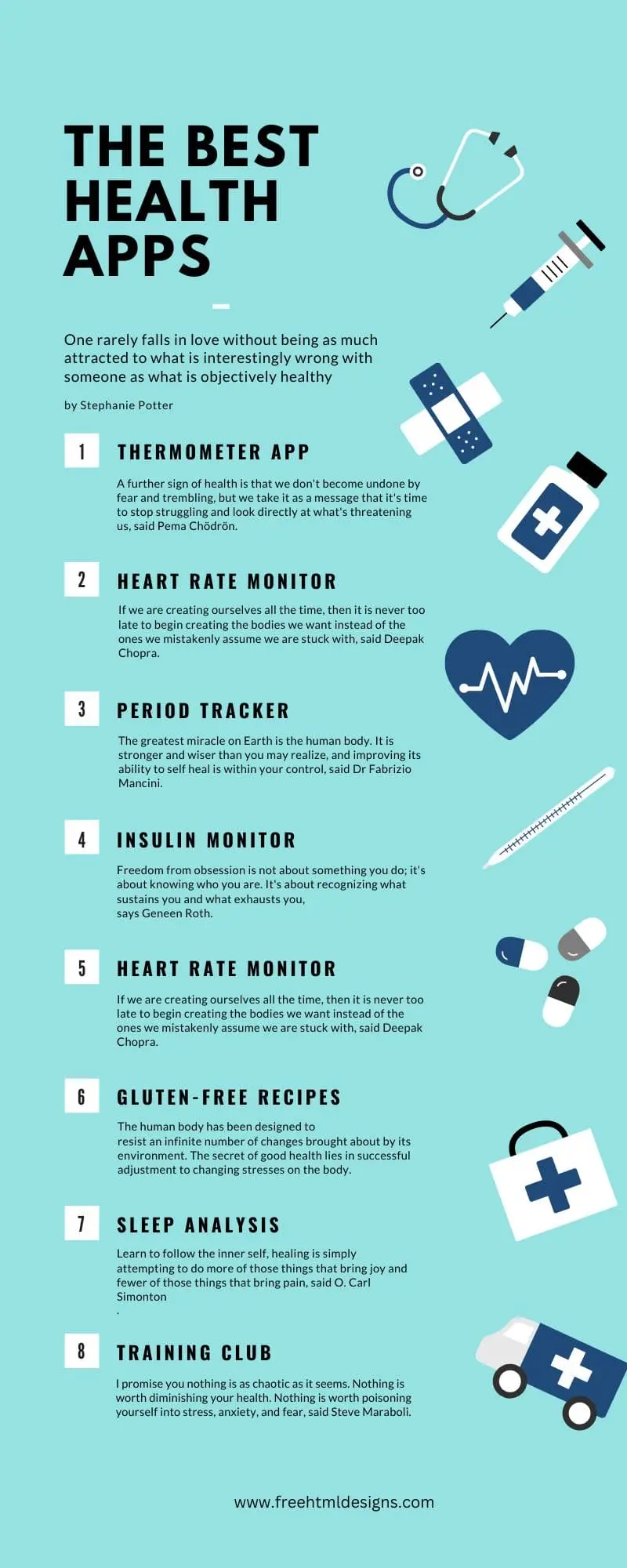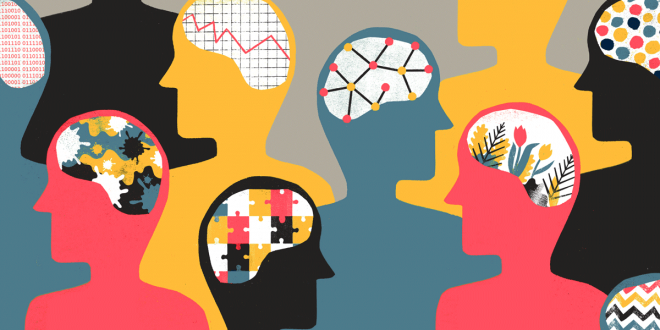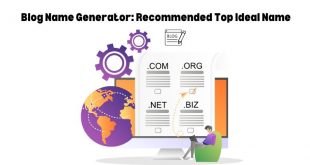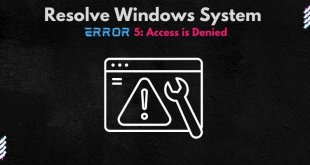The winds of change are normalizing mental illnesses that once was a taboo topic to be discussed openly. Now, with the advancement of technology, the treatment of it has become uncomplicated and accessible. And with the boom of social media, and running mental health awareness campaigns, the ones suffering are no longer alienated from society as well – instilling empathy and acceptability within others.
Technology and the Mental Health Treatments
Technology has come far in terms of providing adequate treatment to mental health patients. With its advancements, it has assisted considerably in furthering the research of mental illnesses –allowing better understanding, in-depth analysis, and practical future diagnosis.
With the technologies of the future concerning AI (Artificial Intelligence), Big Data, and more – the possibility of this sensitive medical field becoming a thriving ecosystem treating mental health patients globally, saving them from the impending doom that lurks near, is more than a possibility now.
SPM or Software project management has large scope than software engineering process as it involves communication, pre, and post-delivery support, etc.
Let’s have a look at the tech landscape catering to a brighter future of mental health treatments; and just like every industry is dominated by relevant mobile apps, the area concerning mental health support hasn’t been neglected by software development companies, either.
Mental Health Apps – Faster Approach to Mental Health Support
Mobile apps have paved the way for easy access to a plethora of tools and smart assistance, helping humans in their mundane to essential tasks. Human dependency has increased over time as there are apps for just about everything – from travel apps, delivery apps, and educational apps to many more.
Similarly, there are many mental health apps with easy-to-understand interfaces that help patients in various ways. Let’s check out some of these apps available in the app stores.
MoodMission
An app that can become a reliable coping mechanism. It is meant to assist people suffering from depression, stress, or anxiety and who find it hard to be functional. MoodMission provides its users with missions, which are tailored activities suggested to improve their moods. These activities could be emotional activities, behavioral activities, physical or thoughts-based teaching them how to understand negative thoughts, and so on and so forth.
Talkspace
This app connects you with a licensed mental health professional. Talkspace lets you access top-notch therapy sessions at the convenience of your home through devices like computers, smartphones, or a tablet. The app harbors professionals that have more than 3,000 hours of clinical experience with training pertaining to the online therapy domain. So you will be in great hands with unlimited messaging therapy access for just $65.
Headspace
If you want to tap into meditation, mindfulness, and wholesome living, then this app is for you. Anyone suffering from anxiety, stress, or sleep issues can download this app, as it offers themed sessions on various problems. It also helps in an emotional crisis by suggesting effective exercises.
Happify
A fun app elevating your mood and your mind by offering playful games that are aimed to reduce stress, anxiety, and negative headspace, and promoting positive coping traits.
Mobile apps have really changed the traditional ways, migrating everything that was done in-person, manually, or physically onto smartphones – facilitating immediate treatments.
Big Data – Analysis of Large Data Sets Leading to Accurate Diagnosis
Big data, much like AI, has been implemented in various industries, including the mental health sector allowing the analysis of data gathered from patients’ or users’ social media interactions and web searches – giving real-time insights into a pattern or a possibility of a presence of mental illness. This in-depth analysis then maneuvers the advancement of treatments and diagnoses in the right direction, producing optimal results.
Big data’s emergence and incorporation into various mental health treatment software have become an integral part of the research that depends on crucial behavioral data of the patients.
Virtual Reality- Futuristic Simulation Therapy
VR headsets or virtual reality, in their essence, have proven to be of great assistance in therapy and diagnosis. Since VR environments are a safe place for experimentation for the professionals they can then gather data from the results or responses of their patients – which then helps them take their therapy sessions further with accurate data. Not only this, VR environments can help patients be more open about their traumas, easily and without hesitation.
Moreover, anyone suffering from one or more mental illnesses can purchase a VR headset with soothing and calming environments that gives them the escape they need from reality, reducing their anxiety or stress. All in all, the sky is the limit in this case, and VR could become a cheaper and more effective treatment in the coming future.
Wearable Devices – Accurate Mental Health Tracker
After mental health apps, wearable technology can contribute tremendously to diagnosing a mental health condition. How? Wearable technology can detect your stress levels, heartbeat rates, and even brainwaves and generate the right treatment or activity to cater to your crisis immediately.
Using hardware devices connected to seamless mobile apps can revolutionize the ways mental health treatments are approached. Here are some of the wearables already making sure that we are doing and feeling alright.
Feel – A wristband that detects emotions by monitoring skin electricity conductance, heart rate, and temperature. Feel has machine learning integrated to interpret that data and inform about the users’ current emotional patterns. Once the analysis is complete, the wristband then suggests exercises that will help elevate positive emotions.
YBRAIN– This impressive technology utilizes a headband designed to process brain activity in real-time, enabling mental health professionals to monitor their patients and devise tailored treatments.
Other Useful The best health Apps
There are several health-related apps available in the present era on google play stores. These apps are useful for all types of health workers and persons. In this infographic we mentioned. These apps are useful for examining heartbeat, sugar level, sleep analysis, and for many more diseases.

Online Communities – The Support Group They Need
In this digital era, online communities play a great role in furthering a certain agenda, aim, or even revolution. Specifically, in terms of mental health, people suffering from extreme anxieties or crippling depression leaving them with little to no energy to seek help – can simply join these online support groups comprising of people going through the same pain, connect with them, share, and feel a sense of support.
In conclusion
Technology involving mobile apps, wearable devices, websites, games, AI, machine learning, and big data integration has opened multiple avenues of effective mental illness diagnosis, treatments, research, and even near-accurate prediction of any impending signs in someone.
Author Bio
Zubair is a digital enthusiast who loves to write on various trends, including Tech, Software Development, AI, and Personal Development. He is a passionate blogger and loves to read and write. He currently works at Unique Software Development, custom software development company in Houston that offers top-notch software development services to clients across the globe.
 free html design Free html design templates
free html design Free html design templates






